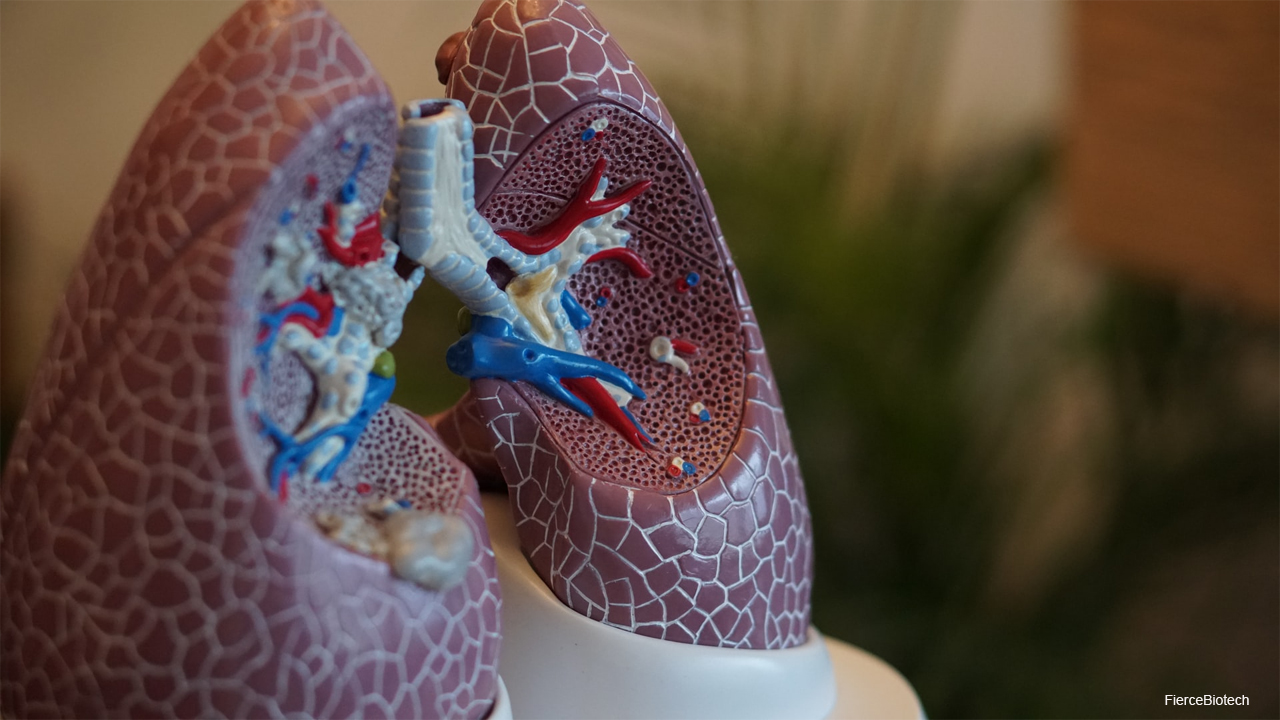Knopp Biosciences LLC announced positive top-line results in a Phase 2 dose-ranging trial of the novel oral drug dexpramipexole in patients with moderate-to-severe eosinophilic asthma.
The EXHALE study met its primary endpoint, with dexpramipexole demonstrating a statistically significant, dose-dependent reduction in blood absolute eosinophil count (AEC) from Baseline to Week 12 compared to placebo when added to standard of care. The magnitude of change in blood AEC was consistent with the eosinophil depletion seen in previous clinical trials of dexpramipexole in other indications.
In the EXHALE trial, eosinophil depletion in blood by oral dexpramipexole correlated with clinically important improvement in lung function as measured by pre-bronchodilator FEV1.
Dexpramipexole was well tolerated by patients at all doses tested. Preliminary analyses showed no clinically meaningful differences in safety results between the dexpramipexole and placebo groups, with no serious adverse events and 96% of subjects completing the primary assessment phase. Background standard of care was inhaled corticosteroids in combination with a long-acting β2 agonist.
“These Phase 2 results strongly support the continued development of dexpramipexole as a potential first-in-class oral agent for the treatment of eosinophilic asthma,” said Michael Bozik, M.D., President and CEO of Knopp. “We expect future studies to determine the drug’s effects on severe asthma exacerbations, and to further assess its effects on lung function.”
EXHALE was a randomized, double-blind, Phase 2 trial assessing the efficacy and safety of three dose levels of oral dexpramipexole vs. placebo in reducing blood eosinophil counts over 12 weeks in 103 adult subjects with moderate-to-severe eosinophilic asthma. The trial was conducted at 28 U.S. study centers. Knopp expects to present results of the trial at a forthcoming medical meeting.
Clinical trials for approved eosinophil-depleting drugs have shown that drugs that reduce eosinophil counts provide significant benefit for reduction in asthma exacerbations in patients with moderate-to-severe eosinophilic asthma. Treatments approved to date for eosinophilic asthma are monoclonal antibodies requiring injection or infusion, while dexpramipexole is administered orally.

 New drug for eosinophilic asthma on the way
New drug for eosinophilic asthma on the way










.jpeg)








.png)
.png)

.png)
.png)
.png)

.png)
.png)
.png)

.png)
.png)